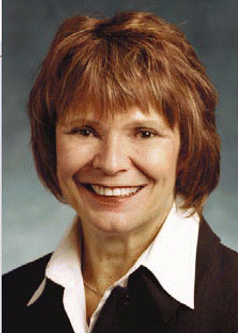“The hospital industry participation in managed care contracting has breached the unwritten part of the contract,” he said, “relentlessly sapping medical staff leadership’s ability to motivate members of the staff to cover the emergency room.” As chief of staff at another smaller community hospital in Orange County, Dr. Harris grapples with the situation from a leader’s standpoint. Although otolaryngology emergencies generally get covered, he said, “it’s pretty tenuous. We’re at the mercy of our colleagues’ goodwill. One of the problems is that we cannot make taking call mandatory because we’ll lose all the ENT physicians. If you go to mandatory call, then people resign from your staff. So that is no solution. And since you do not have the original incentive [opportunities for building a practice], you will have to incentivize taking call with money.”
Explore This Issue
June 2006“I think they [hospitals] should pay all physicians per diem to take call,” agreed Dr. Bowden. “Our hospital pays some specialists a per diem rate, but not others. So, for instance, general surgeons get paid per diem to cover trauma call. But I’ve received many calls for consults from the general surgeons who are getting paid to see these patients with, say, penetrating neck trauma. General surgery is getting reimbursed by the hospital to see that patient, but we’re not. They need to either pay everybody or pay no one, but they’ll probably have to pay everybody.”
“Being on rural reimbursement rates presents a challenge to us in our ability to recruit physicians to our area—it is very difficult for some of the subspecialists to be available 24 hours, all the time.” – Candy Markwith
Making Do with the System
Ms. Markwith is hopeful about an upcoming ballot initiative in California to earmark a portion of the additional $2 billion in Tobacco Tax Act revenues specifically for emergency room physicians. In the meantime, though, Sierra Vista Regional Medical Center has proceeded with a number of initiatives to address the ER shortages and continue uninterrupted care for patients. “First and foremost, we have an exceptionally talented emergency room physician group, with a depth of education and experience base, who can evaluate whether specialists are needed.”
In addition, she said, the hospital is involved with a hospitalist program to take the burden off busy internal medicine and family practice practitioners. They also have the sole dedicated pediatric hospitalist group in the county, freeing up busy pediatricians in the community while allowing timely admittance for those patients whose conditions warrant hospitalization. Finally, Sierra Vista does offer stipends to physicians who provide services not supplied by hospital staff.

Leave a Reply